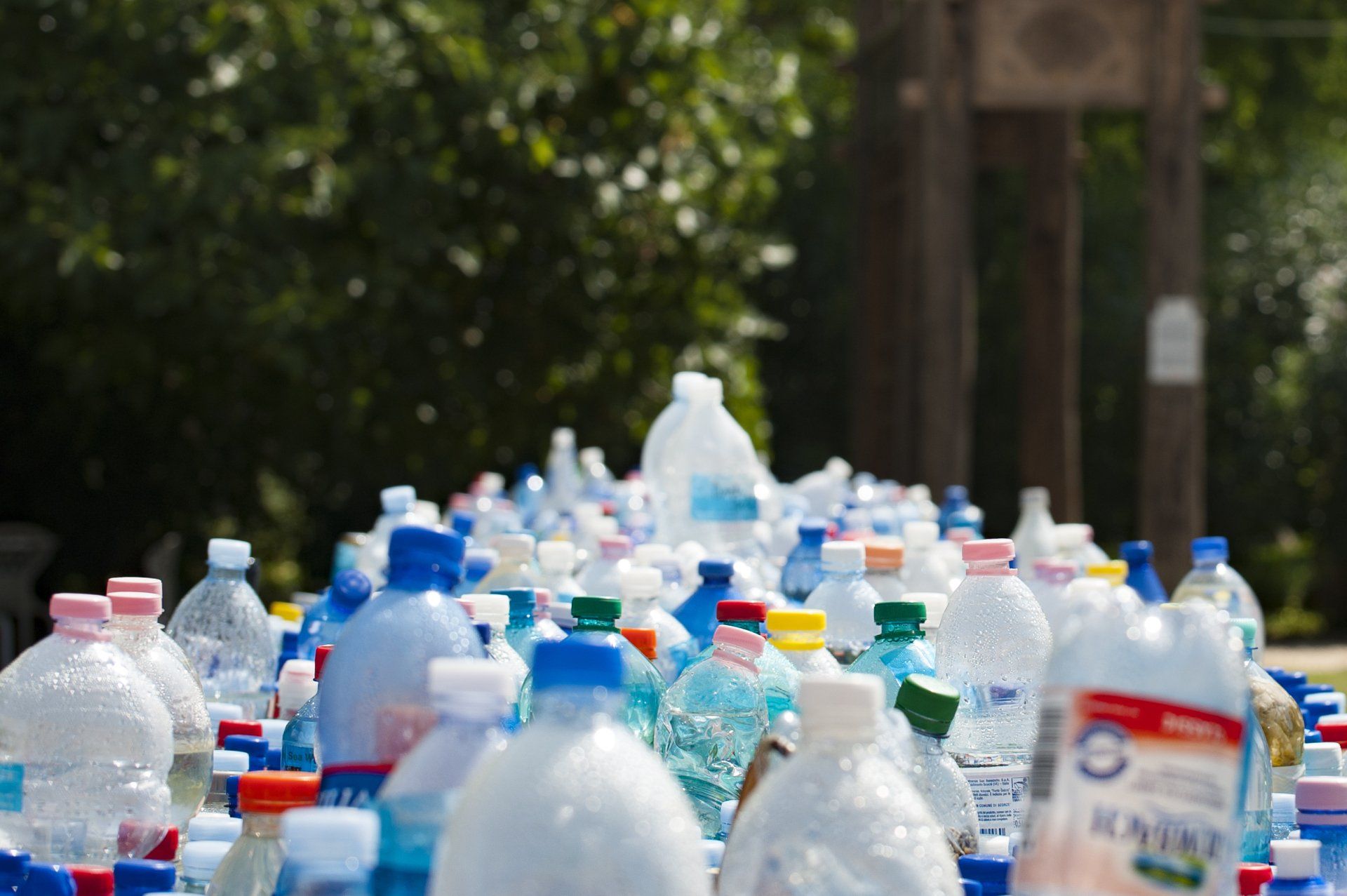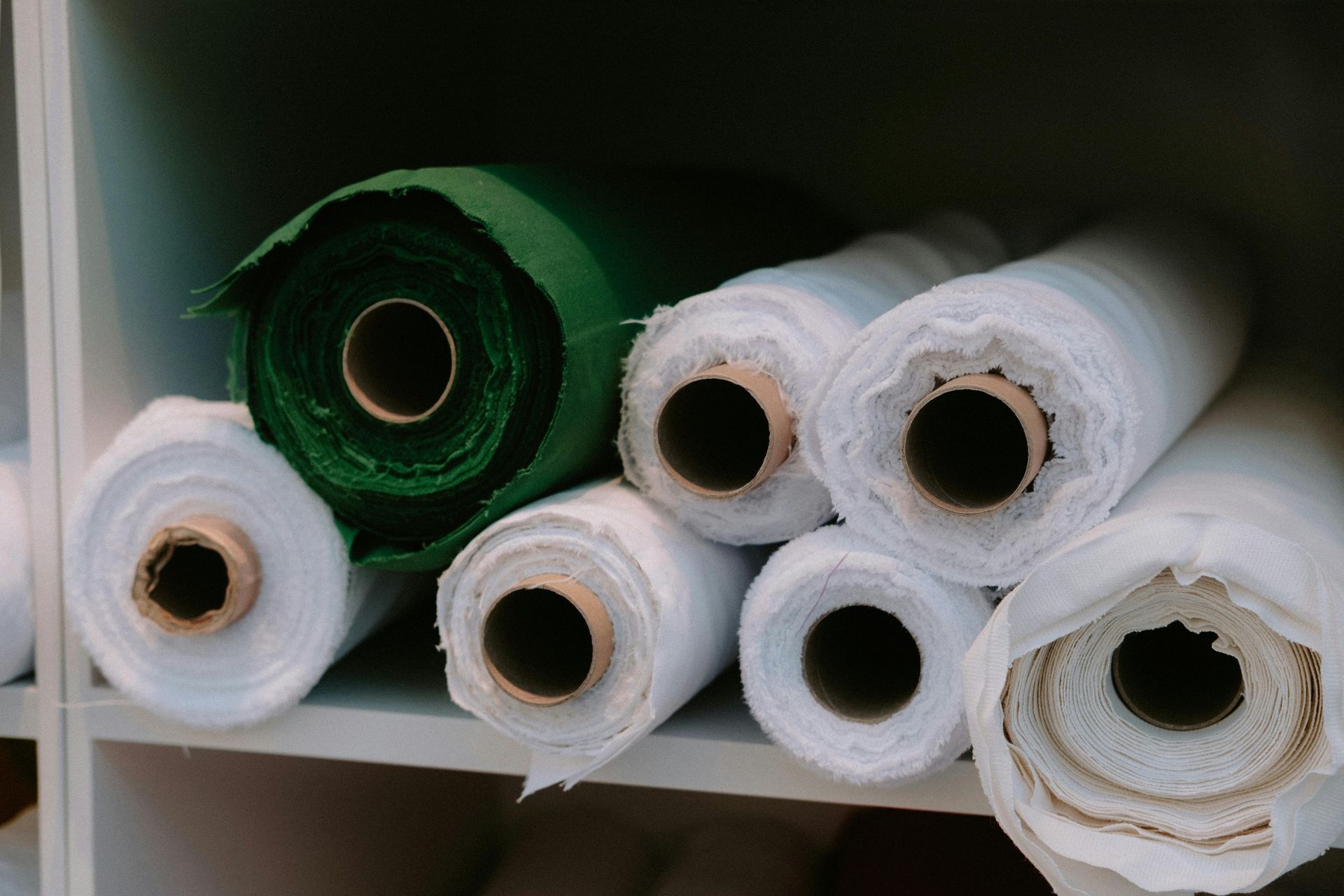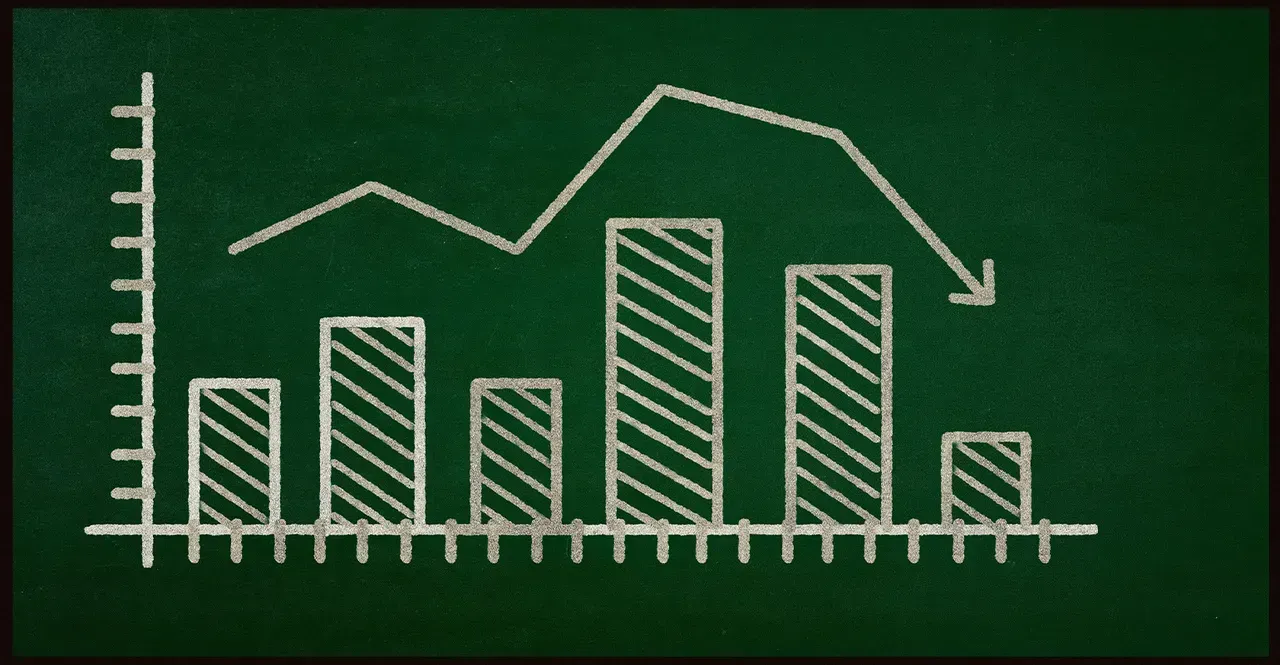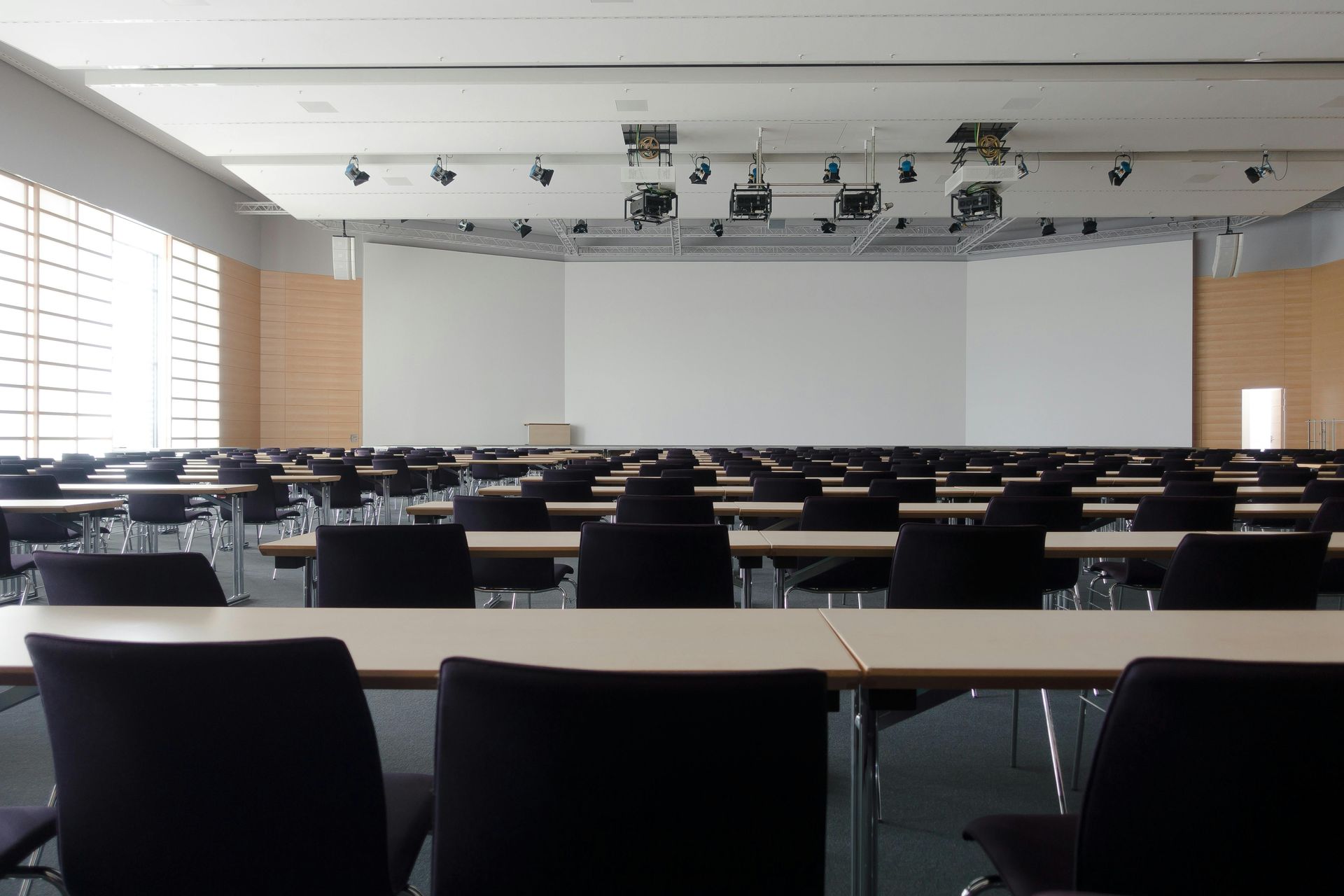Our Mission
To minimize waste, conserve natural resources, and advance a sustainable economy through facilitated collaboration and action.
Our Vision
Is a world in which waste is minimized and natural resources are conserved.
The Northeast Recycling Council, Inc. (NERC): Leading the Way to a Greener Future in 11 States
NERC is a multi-state 501(c)(3) non-profit organization working to bridge informational gaps across the public and private sectors, develop educational resources, and advance conversations on critical issues across sustainable materials management.

NERC News & Updates:

Planet Aid is a nonprofit established in 1997 to divert clothes and shoes from the U.S. waste stream and fundraise for community development programs around the world. With thousands of donation bins and centers across the Northeast, Mid-Atlantic and Midwest, Planet Aid’s mission is to inspire positive change by making it easy for donors, partners and communities to take small steps that add up to a big impact. Over three decades, Planet Aid has collected more than two billion pounds of clothes and shoes for reuse. These donations have helped Planet Aid raise more than $100 million to fund community-led projects in the U.S., Africa, Asia, and Latin America. With headquarters just outside Baltimore, MD, Planet Aid serves thousands of communities in 14 states, including New York, New Jersey, Maine, Massachusetts, Connecticut and more. For those without a yellow collection bin or white donation center nearby, they've developed a donation through mail option. By partnering with Give Back Box, you can pack up and mail your donation items directly to their thrift store. This inclusive approach allows them to reach more communities, diverting even more waste that may have gone to a landfill or incinerator. “Planet Aid is excited to join NERC, an organization that shares our goals of minimizing waste, conserving natural resources, and advancing a sustainable economy,” said Uli Stosch, Planet Aid’s Chief Officer of Strategic Development. “We looking forward to collaborating with NERC’s members to help U.S. communities in the Northeast minimize textile waste while maximizing reuse to limit the negative impacts of fast fashion.” NERC is excited to welcome Planet Aid into our growing group of nonprofit members. We look forward to helping share the excellent work they are doing in the NE and around the world. For more information on Planet Aid visit.

Collaborative Solid Waste Strategies (CSWS) is a New Hampshire based nonprofit committed to improving the waste management landscape in NH and other states. Their work is centered around education, advocacy, and innovation. Educating the public is an essential part of effective waste management, and CSWS has an extensive list of resources on municipal solid waste management, including how to manage materials such as glass, metal, and food waste as well as strategies on how to manage landfills, incineration and more. CSWS is a small but mighty team led by Executive Director Carol Foss. Carol sees Collaborative Solid Waste Strategies as an opportunity to help shape the next stage of evolution for solid waste management in New Hampshire. Her dedicated approach allows CSWS to lead as a strong example in the waste management advocacy field. “CSWS strives to be a catalyst for pragmatic and comprehensive approaches to sustainable solid waste management in New Hampshire.” NERC is thrilled to welcome CSWS as members. As a fellow nonprofit, we understand how important their voice and presence are within our industry, and we look forward to collaborating with them and working to achieve our shared goals. For more information on Collaborative Solid Waste Strategies visit.

2025 was not a good year for recycling markets. Prices went down for everything in your bin. The only real difference is how badly each material got hit and why. Let’s start with paper, the most important recyclable in terms of weight and volume. Old Corrugated Container (OCC, boxes) prices started rising in the spring of 2023, peaking for several months in the summer of 2024. A long slide then began and lasted for almost all of 2025. Prices for Residential Mixed Paper (RMP) did the same. Nationally, OCC is now at $46.88 per ton and RMP is $20.31 a ton. OCC went down by a third while RMP went down by half. The “good” news is that these prices have been lower in the last five years. RMP, after all, had a negative value early in 2020 and then for a few months in late 2022. (All prices in this article are national prices from RecyclingMarkets.net as of December 31). The 2023 rise and then fall of recycled paper prices was the result of increased capacity to use OCC and RMP as raw materials along with declining overall demand for boxes. New recycled content paper capacity started coming online in 2017, peaking in 2023 when five new mills opened. Those new mills, eager to build up supply lines, caused prices to go up. Existing capacity had no choice but to also pay more. At the same time, demand for new boxes was going down. In fact, box demand has been going down for four years. Something had to give. In 2025, nine existing paper mills announced they would be closing. Old, more expensive, and less efficient to operate, they couldn’t compete with the new mills. All four plastic resins lost value but the impact varied by resin. Natural HDPE, (mostly milk jugs) lost a third of its value. Polypropylene (mostly dairy products) went down by 40 percent. Color HDPE (consumer products such as detergent and shampoo) went down by 48 percent and PET beverage bottles went down by two thirds. Natural HDPE is 46.81 cents a pound. Even at the lower price, this resin remains in a good price range. PET and polypropylene are both 5.38 cents a pound. Recycled PET rose steadily from the summer of 2023 to the summer of 2024. Then it declined equally steadily until it reached a record low of 4.19 cents in early October of this year. Cheap recycled resin imports, too much domestic virgin PET resin and lower summer beverage demand gave prices nowhere to go but down. Recycled PET resin imports are now subject to tariffs, which may be responsible for its recent increase. Nonetheless, its price remains in the doldrums. Polypropylene generally has a low price except when new capacity is coming online and building up capacity. For 46 of the 72 months since January 2020, its price has been less than a dime a pound. For 17 months, it’s been at its current not very good price or less. Color HDPE is 2.81 cents a pound. This resin depends on construction markets because the color can’t be taken out of the resin. New housing starts have been in decline for four years. It also set a record low price in 2025. Aluminum and steel cans are recycling market’s happy place. Their prices went down by 9.3 and 8.7 percent. Aluminum cans have a national average price of 78.75 cents while steel cans go for $158.75 a ton. Over the last few years, the aluminum industry smartly expanded into non-alcoholic beverages such as water and fruit juices. Those new uses keep demand up. After sliding last year, steel can prices stabilized. As for glass, it’s price rarely changes. Clear glass bottles go for $38.56 a ton, brown for $27.19 and green for $10.31. Those prices all rose slightly in the spring of 2023. Mixed glass from single stream curbside collection has a “negative tipping fee” of $25.31 a ton. In other words, the MRF pays the end market to buy it. That price became slightly more negative this year. The glass industry has been in decline for some time, a victim of lighter weight aluminum cans and plastic bottles. In addition, Americans are drinking less alcohol. That’s the biggest user of glass bottles. Our beleaguered economy is hurting recycling markets. Recyclables are just raw materials looking for a buyer. Those buyers are purchasing managers making a bet on how much raw materials they will need for their companies’ products. This can be, say, aluminum cans, boxes to ship those empty cans to beverage companies or boxes to deliver filled cans to retail outlets. When buyers are optimistic, they buy more. In 2025, they were gloomy. Prices of all of these recyclables have been hurt by declining unit sales of consumer products and the resulting decline in box demand. We are in a “ K-shaped” economic recovery from the pandemic. This means the recovery’s impact varied by economic status. Wealthy households now account for half of consumer spending on goods and services. They spend more on “services” such as trips and entertainment than on goods. Lower income households, however, are squeezed between paying for necessities such as housing, health care, insurance and food before everything else. They are pinching their nickels and looking for bargains. Simply stated, due to the K-shaped recovery, sales are down and we need fewer packages and shipping boxes. So what will happen in 2026? The loss of so much older paper capacity is bringing demand and supply back into a better balance. Look for prices to rebound a bit. Plastic prices will remain soft barring a reversal of the K-shaped recovery. PET prices, have the most potential if beverage demand returns. Color HDPE, will remain in the doldrums until new housing construction increases. Natural HDPE will stay where it is or go up a bit. Polypropylene will probably stay where it is. As for glass, change isn’t likely. I realize that’s not optimistic. Given the projected rise in health, insurance and energy costs this year, Americans will still be pinching pennies. Box production will decline as unit sales fall. Our K-shaped economy needs to become a rising economic tide lifting all boats. Recyclables, afterall, are commodities subject to the economy’s ups and downs. When our economy truly rebounds, recycling markets will thrive again. Read on Waste360.

















